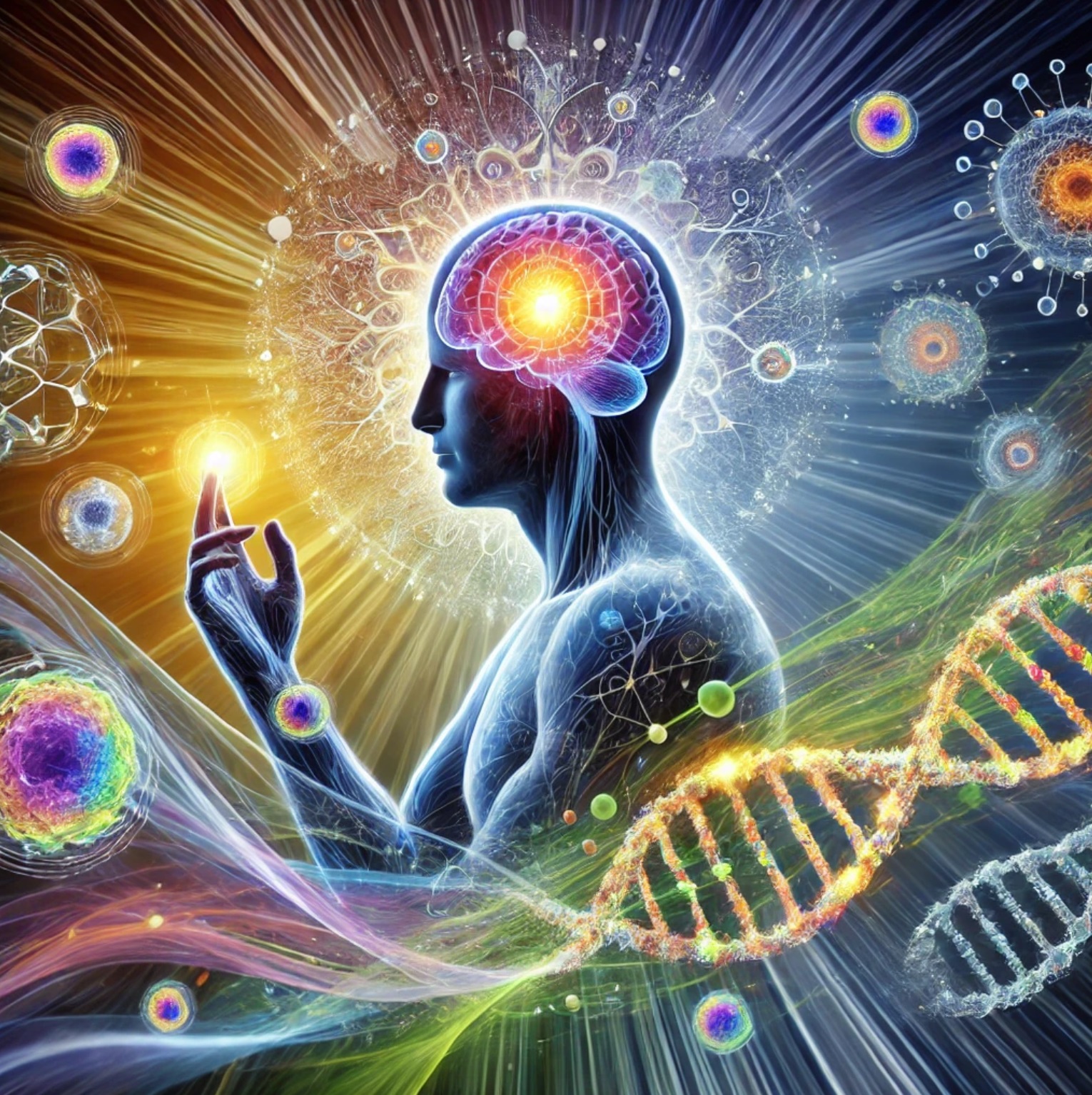Herbal Adaptogens: A Natural Defense Against Stress
Herbal adaptogens, such as ashwagandha, rhodiola, and ginseng, are natural substances that help the body adapt to stress, enhance mental clarity, and support overall well-being. These powerful herbs work by promoting cellular resilience, helping your body maintain balance and function optimally even in the face of stress. In this article, we’ll explore the benefits of … Read more


